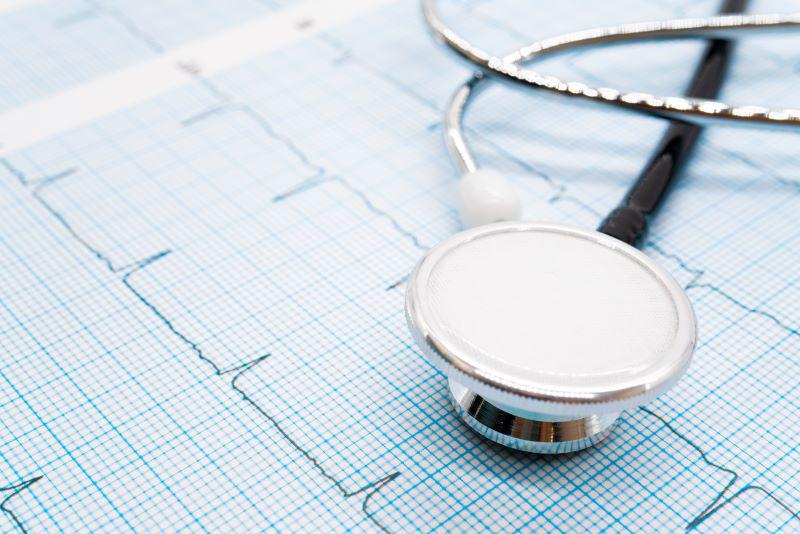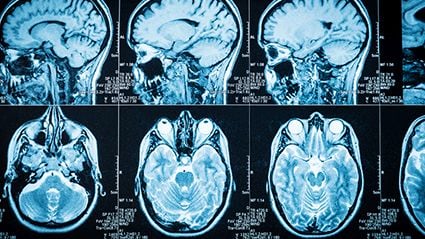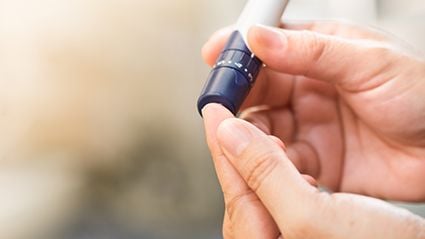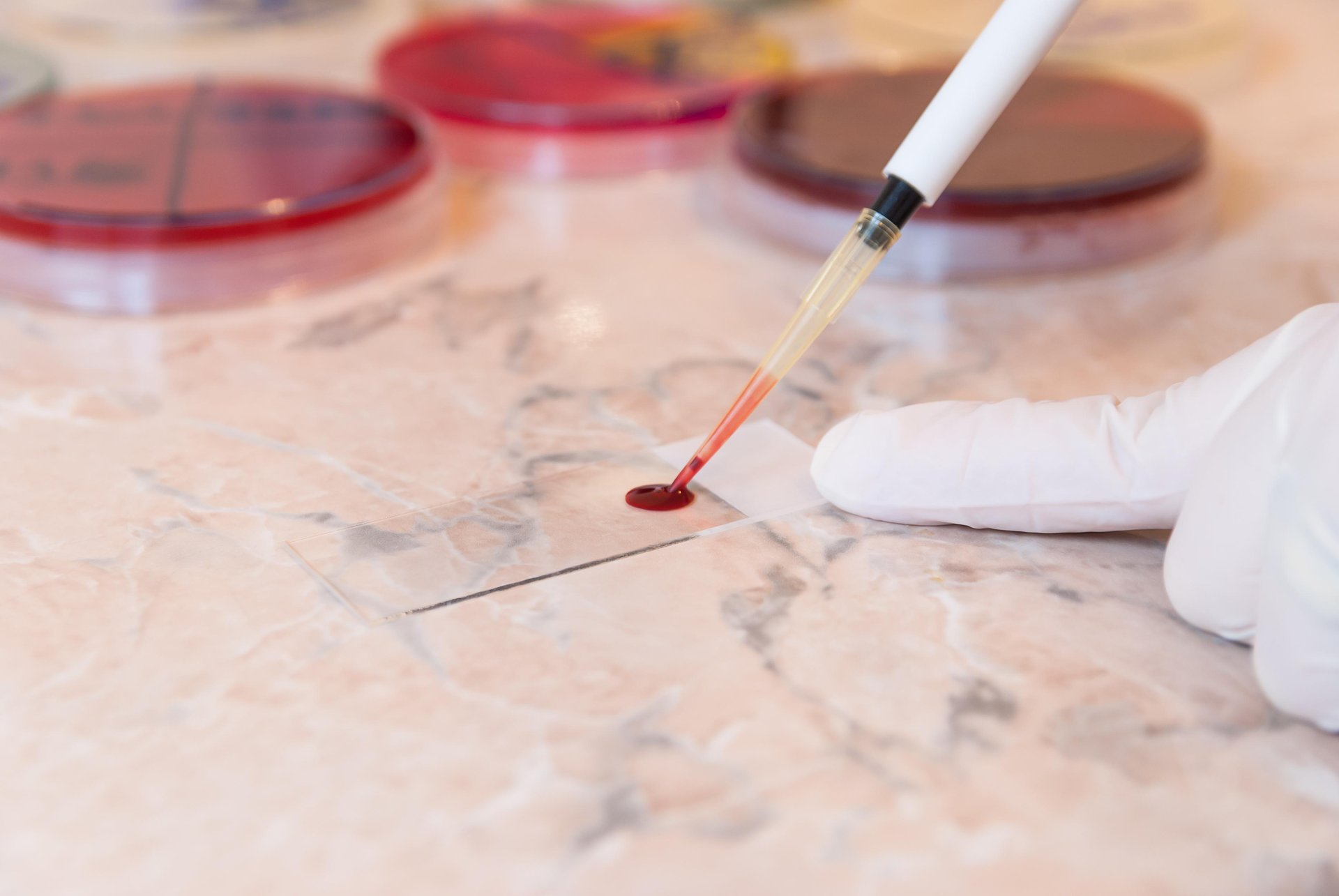
Soldiers can suffer brain injury if they are repeatedly exposed to explosive blasts, a new study shows. Further, the more frequently a soldier is exposed to explosions, the greater their risk for brain injury, researchers reported April 22 in the Proceedings of the National Academy of Sciences. Based on this, researchers intend to develop a… read on > read on >






























